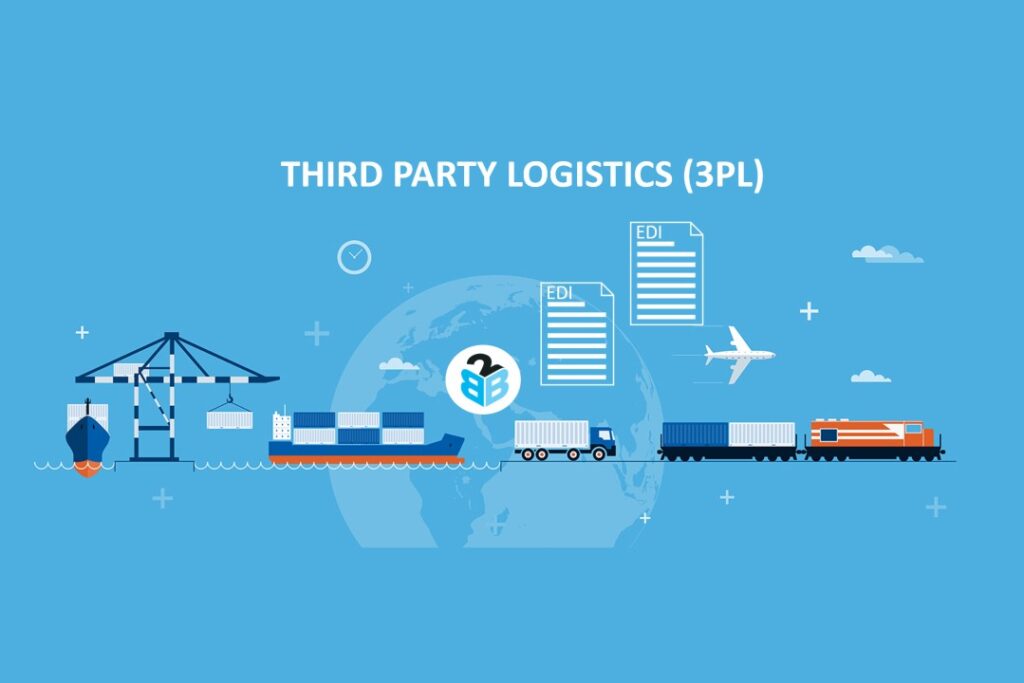Starting a business can be quite a challenge. However, when it comes to the logistics field, the challenge can seem even more daunting. Entering into the realm of third-party logistics, also known as 3PL, requires stepping into an industry already full of heavy hitters. This guide provides a step-by-step process to jumpstart your 3PL business.
1. Understanding 3PL Business
3PL businesses are all about logistics. They’re the intermediaries that connect manufacturers or sellers with buyers and deal with all the transportation and shipping complexities. Today, many companies choose to outsource their logistics to 3PLs, allowing them more time and resources to focus on their core business.
2. Market Research
Formulating a solid understanding of the market landscape is crucial. Dive into the sector specifics, understand who your competitors are, and figure out where and how you can differentiate your 3PL business. Learn about the various types of 3PL providers, the niches they occupy, and the rates they charge.
3. Business Plan
Your business plan should focus on the unique value proposition you are offering. Identify your ideal customer base, the services you will offer, and your pricing strategy. Also, a well-thought-out marketing plan is essential to showcase your services and connect with potential clients.
4. Legal Requirements
Starting any business requires fulfilling certain legal requirements. Engage a legal advisor to help you understand the licenses and insurance your 3PL business would need. Also, consider the legal implications of contracts with clients, regulatory compliance with transportation laws, and dealing with international shipping if applicable.
5. Investment and Fundraising
Startup capital is the fuel on which your 3PL business will run. Evaluate your initial costs and overheads, including leasing warehouses, payment of salaries, technology deployment, and transport partnerships. Based on this, formulate a clear financial plan, assessing whether you would need to seek investors or loans.
6. Technology
Technology is at the heart of the logistics business. Invest in robust logistics software that handles order processing, freight auditing, tracking shipments, inventory control, and automating various processes. Technologies such as AI, IoT, and blockchain are also revolutionizing the logistics industry.
7. Building a Team
Recruit a team that shares your vision and mission. Your team should include staff for operations, customer service, sales, and administrative roles. Remember, highly skilled logistics professionals will be the backbone of your 3PL business.
8. Partnerships
Evaluate whether building partnerships with other third party logistics company would be beneficial. This can help provide a larger network, added services, and the option to take on larger clients earlier on.
9. Launch
Once you’ve got everything in place, it’s time to launch your business. Begin by reaching out to potential clients who fit your target customer profile, and emphasize the unique value proposition your 3PL business offers.
10. Post-Launch Evaluation
After your launch, take some time to evaluate how everything went. Are all the services running smoothly? Are there any operational issues that need to be addressed? A post-launch evaluation is a crucial part of your startup journey. Collect feedback from your initial clients, and use this information to fine-tune your operations, improve service quality, and enhance customer satisfaction.
11. Scaling Up
As you establish your business, the next step is to think about scaling up. Investing in more advanced technology or expanding your services could be options. It is essential to scale without compromising your quality of service. As you grow your customer base, ensure that you have the necessary infrastructure and human resources to support this growth.
12. Continual Learning and Adaptation
The logistics industry is dynamic and rapidly evolving. There are constantly new technologies emerging, shifts in markets and changes in regulations. As a 3PL business, it’s essential to stay updated about these developments and adapt quickly. Continual learning and staying flexible will help your business sustain in a competitive environment.
13. Customer Relationships
Lastly, but most importantly, treat your customers like partners. Cultivate strong relationships with them by providing excellent service consistently, understanding their needs deeply, and continually looking for ways to add value. The more you value your customers and show it, the more they will value your services and choose to stick with your business. Building strong customer relationships will provide a solid foundation for your 3PL business’s long-term success.
Conclusion
With due diligence, innovation, strategic planning, and consistent effort, starting a 3PL business can be a highly rewarding endeavor. The logistics industry is ever-evolving, and there’s much room for new players to innovate and make their mark. So, gear up, and get started on your 3PL journey today!

